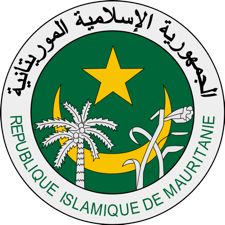It is a happy day.
Now that we have begun our second trimester of school, the size of my English classes has leveled off a bit from what I was originally assigned. Here are my current numbers:
1st year (ages 10-17) : 15F + 18M = 33 students
2nd year (ages 12-19) : 24F + 48M = 72 students
3rd year (ages 13-20) : 19F + 35M = 54 students
4th year (ages 13-22) : 7F + 25M = 32 students
You can see that in each year there are more males than females, and this only becomes more pronounced in the higher levels. I'm sure you can guess the reasons: young pregnancies/marriages (as young as 12 is not uncommon), responsibilities at home, lack of importance given to girls' education.
So I have 191 students altogether. I want very much to know all their names -- this was crucially important to me as a teacher in the States. But it's quite difficult here when I see my kids each only once a week. Also, here all students are assigned numbers, so when I take roll, I am not calling out their names. It's just "Number 1? Number 2?" I don't like it. It feels a little too Auschwitz to me. But besides that, many kids have similar names. I have two girls in 1st year with the exact same first, middle, and last name. I have 10 boys named Oumar and 13 named Mamadou. It's a constant effort.


In America we have a general notion that with enough positive reinforcement, children will gain confidence in their abilities and thus achieve great things. (Look at Obama with "Yes, we can!") It is the opposite here. Lately I have been helping my sister Goggo with her French homework. She is in the 4th year of primary school. Traditionally teachers here use a lot of rote memorization, so I sit with Goggo as she painstakingly repeats the same short paragraph out of her book, over and over and over. The other night she sighed at last and asked me, "Am I getting it or not?" "Yes, of course you are! You're doing great," I told her. "No, she's not," her older brother interjected, "she's terrible. She can't do anything." The thought is that this will make the girl want to work harder and she will eventually succeed.
I disagree. I wanted to slap him.
And now for something completely different... I leave you with a fun picture of me and Amanda a few weeks ago in Nouakchott. We found a Mexican restaurant called Fiesta, which was very exciting to us. On the tables they had little napkin holders with various names of Mexican towns. This one is "Matamoros," somewhere I've been, a border town with Brownsville, TX:

Why was this humorous to me? Because the name Matamoros in Spanish means "Kill Moors." (This here in Mauritania, literally "Land of the Moors.")






